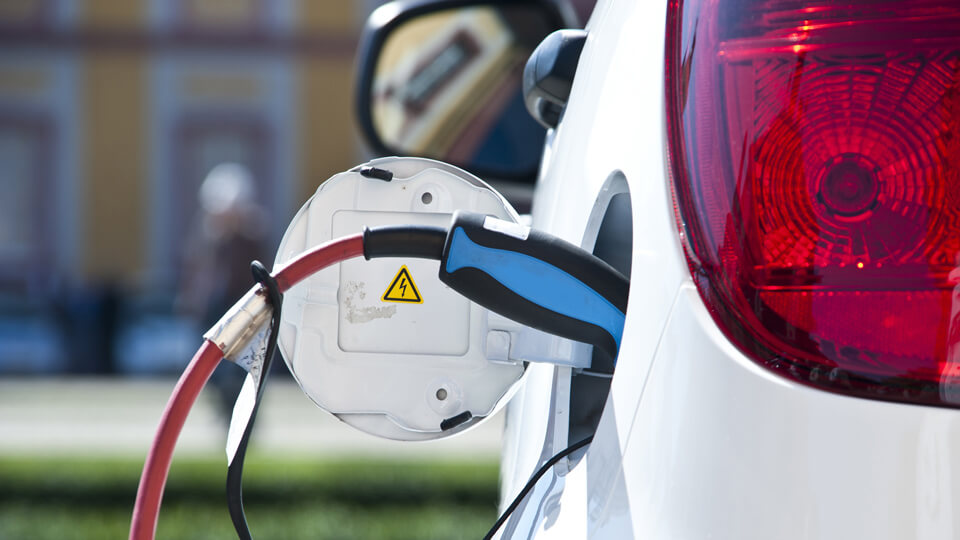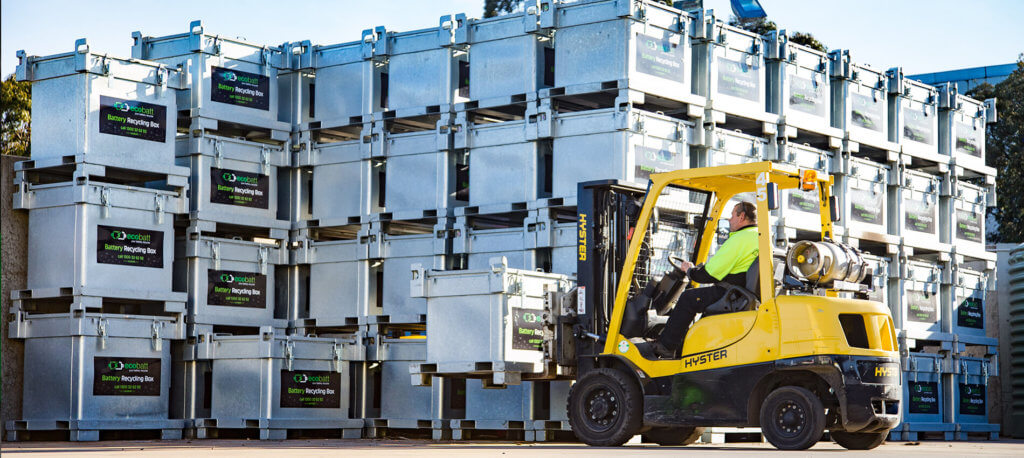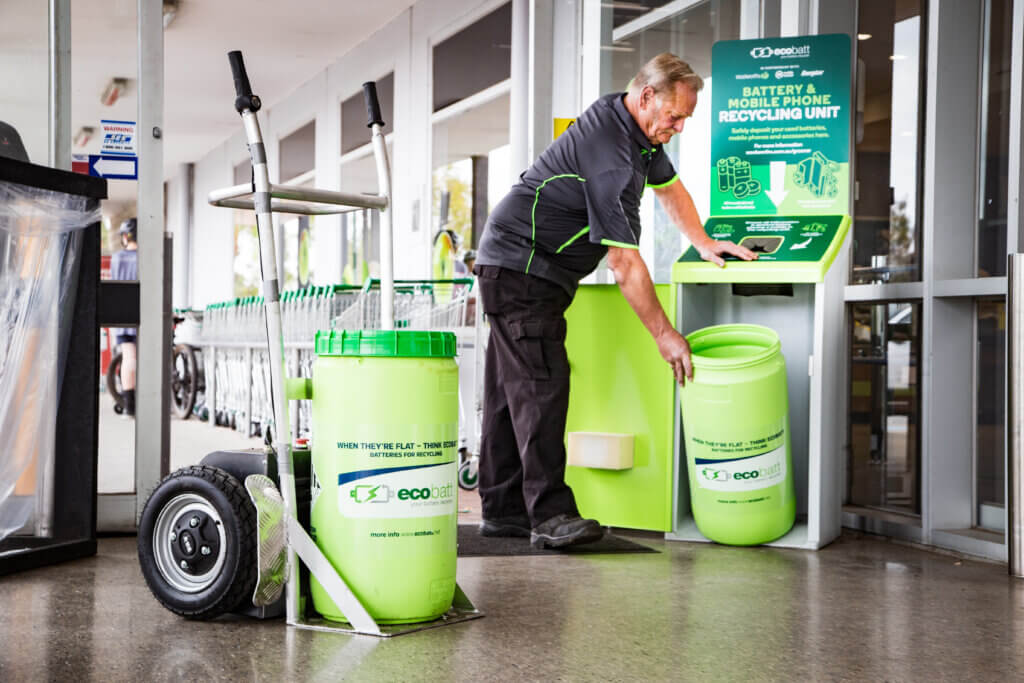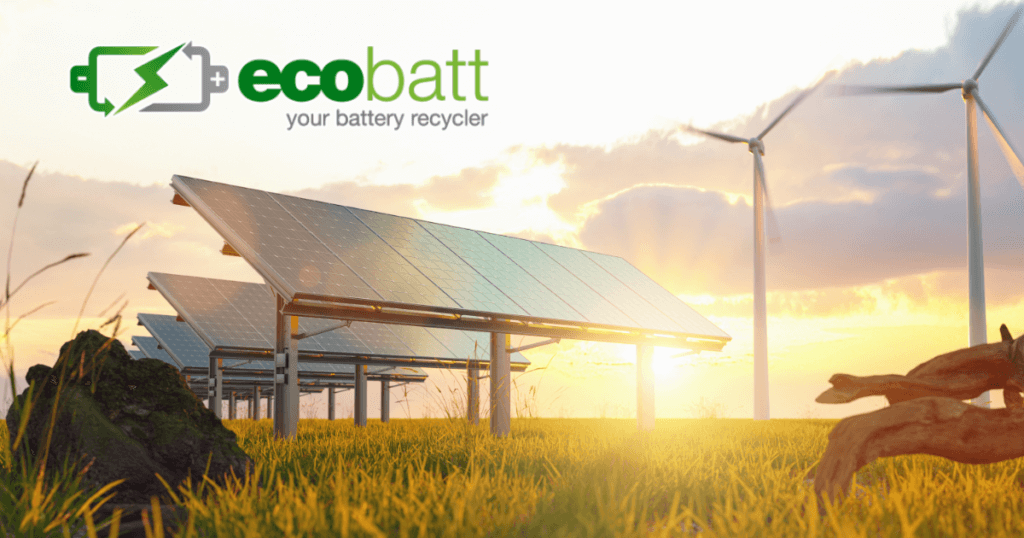While pure electric vehicle (EV) sales have travelled a rocky road in Australia, it’s a different story for hybrid electric vehicles (HEVs). Just 219 EVs were sold in Australia in 2016 versus more than 12,000 new HEVs.
As more electric-only vehicles with longer ranges hit the market, and as their prices come down, EV sales should rise significantly. But it will still be several years before large numbers of batteries from pure EVs require recycling, so for now the focus is on HEV battery recycling.
The first HEV on Australian roads was the Toyota Prius in 2001, and while their batteries deliver hundreds of thousands of kilometres of fuel-efficient driving, an increasing number are now reaching the end of their working lives.
Types and sizes of batteries
While HEVs still have a small, low voltage battery, much like every car in the world, it’s just there to power the starter motor and computer. Actually driving the HEV is a high-voltage ‘traction’ battery.
HEVs from several car manufacturers are available in Australia. They work in different ways, and use different types of batteries that come in a range of sizes.
Toyota and Lexus HEVs use relatively small nickel metal hydride (NiMH) batteries, weighing about 50 kg and storing less than 2 kWh of electricity.
While capable of pure electric driving at very low speeds, normal driving uses both the electric motor and petrol engine to deliver the required power. The battery can only be recharged by the petrol engine.
In a different class are plug-in hybrid electric vehicles (PHEVs). These are designed to deliver much greater range in electric-only mode and can be recharged from the electricity grid. As a result, they have much larger batteries, up to 200 kg, that can store in the range of 7–16 kWh. Most use lithium ion batteries and have an electric-only range of around 40-60 km.
Catering to all types
While the absolute number of EV, HEV and PHEV batteries requiring recycling is still relatively small, the future of motoring is increasingly electric.
Ecocycle is actively preparing for this future by putting in place collection, transport and storage facilities for handling all types of electric vehicle batteries.
We also undertake the initial dismantling of battery packs before sending the separated components to specialist recyclers.
All EV manufacturers are committed to the safe recycling of batteries. It’s not just an environmental issue – big batteries contain a lot of valuable resources that will need to be recycled if an electric future is to become a reality.
For car owners battery recycling is simple. The car manufacturer will take care of collection of dead batteries and ensure safe recycling. However, it’s also likely that some EVs, HEVs and PHEVs will bypass car company service centres and be sent to the scrap yard. It’s therefore important that car wreckers also ensure batteries of all types are recycled.
Want to know more about recycling electric car batteries?
Ecocycle offers car companies and salvagers state-of-the-art logistical and battery recycling services that ensure safe battery recycling in compliance with environmental standards.
Would you like to know more? Call us on 1300 32 62 92 or fill in the form below.





